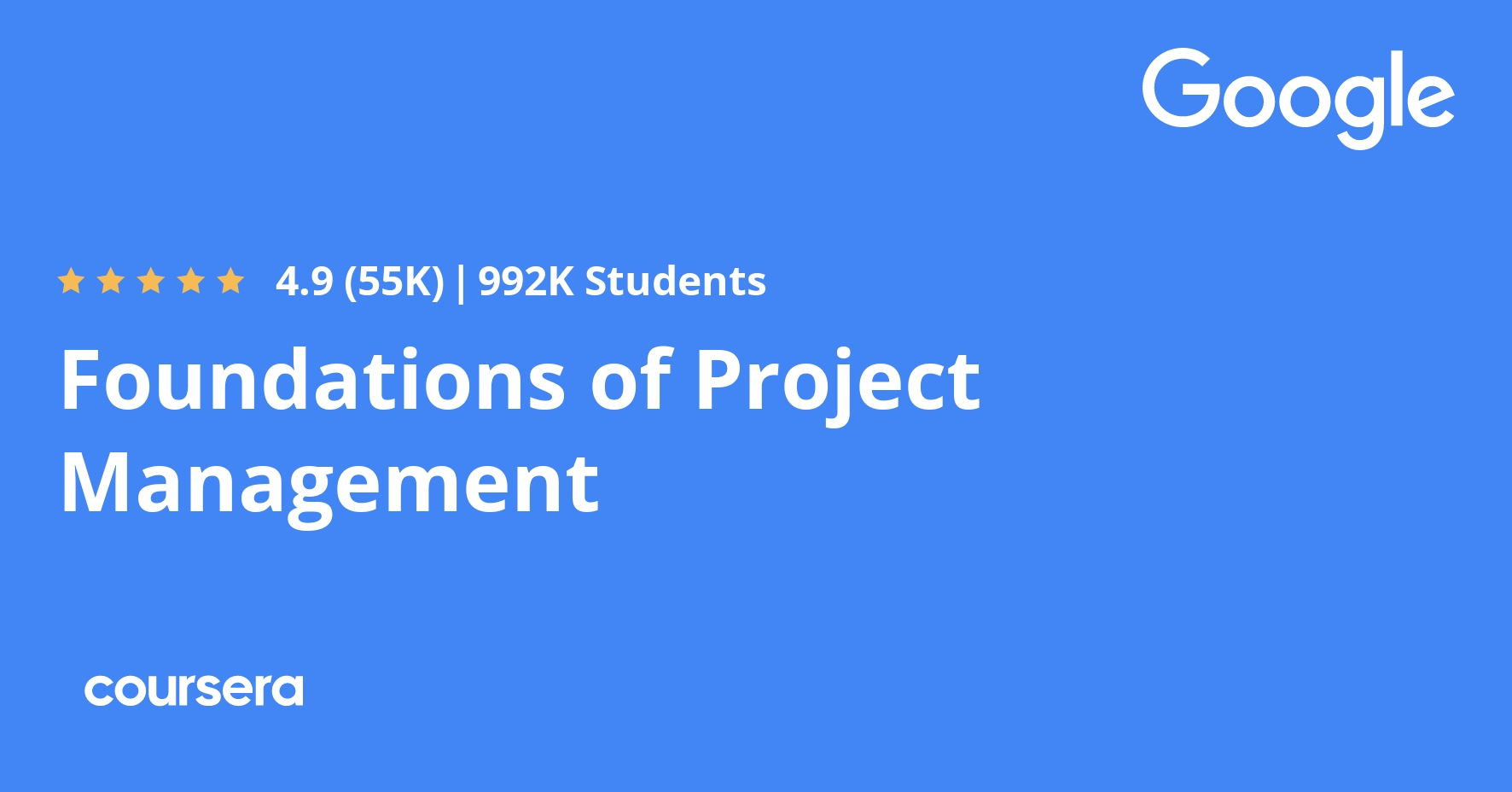Description
This course takes a deep dive into the statistical foundation upon which Marketing Analytics is built. The first part of this course is all about getting a thorough understanding of a dataset and gaining insight into what the data actually means. The second part of this course goes into sampling and how to ask specific questions about your data. Finally, the third part is about answering those questions with analyses. Many of the mistakes made by Marketing Analysts today are caused by not understanding the concepts behind the analytics they run, which causes them to run the wrong test or misinterpret the results. This course is specifically designed to give you the background you need to understand what you are doing and why you are doing it on a practical level.
By the end of this course you will be able to:
• Understand the concept of dependent and independent variables
• Identify variables to test
• Understand the Null Hypothesis, P-Values, and their role in testing hypotheses
• Formulate a hypothesis and align hypotheses with business goals
• Identify actions based on hypothesis validation/invalidation
• Explain Descriptive Statistics (mean, median, standard deviation, distribution) and their use cases
• Understand basic concepts from Inferential Statistics
• Explain the different levels of analytics (descriptive, predictive, prescriptive) in the context of marketing
• Create basic statistical models for regression using data
• Create time-series forecasts using historical data and basic statistical models
• Understand the basic assumptions, use cases, and limitations of Linear Regression
• Fit a linear regression model to a dataset and interpret the output using Tableau and statsmodels
• Explain the difference between linear and multivariate regression
• Run a segmentation (cluster) analysis
• Describe the difference between observational methods and experiments
This course is designed for people who want to learn the basics of descriptive and inferential statistics and analytics in marketing.
Learners don’t need marketing or data analysis experience, but should have basic internet navigation skills and be eager to participate. Ideally learners have already completed course 1 (Marketing Analytics Foundation) and course 2 (Introduction to Data Analytics) in this program.
What you will learn
Descriptive Statistics
This week you’ll get an overview of the Statistics for Marketing course and you will learn the basics of Descriptive Statistics and when to use them. You will also be introduced to Bayesian statistics. You will also get an overview of your capstone project and at the end of the week you will complete part one.
Making Predictions with Inferential Statistics
This week you will be introduced to inferential statistics and how to define samples and populations for marketing. You’ll also be introduced to the concept of variables. At the end of the week you will complete part two of your capstone project.
Designing Experiments and Testing Hypotheses
In week three, you’ll dig into how to formulate and test appropriate hypotheses for your business goals. You’ll wrap up the week with part three of your capstone project.
Data Modeling
This week you’ll be introduced to various model families and how to create them using Tableau. You’ll also learn how to interpret the results of these models. You’ll complete the fourth and final part of your capstone project, which you will be submitting as a peer review next week.






